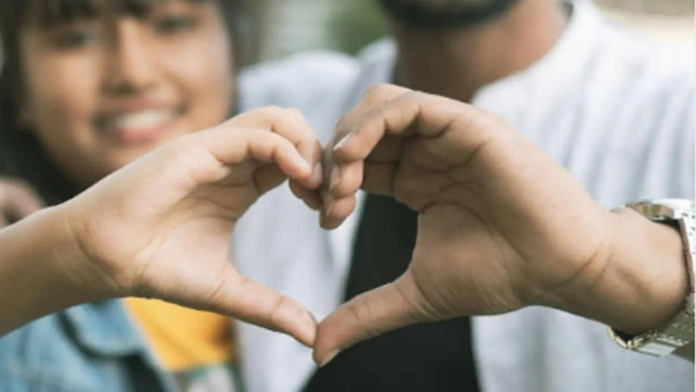Relationships are complicated and not every person has the luxury of smooth-sailing relationships. With that being said, every relationship has its fair share of fights, and some may even lead to breakups.
As people deal with these in different ways, some often choose to go back, and a new survey has found that about 3 in 7 daters reach out to their ex-matches at one point in time to either apologise, find closure, or give the connection another try.
The survey, conducted by Indian dating app, QuackQuack, on 7,685 active daters to understand how they move past a digital breakup, aka an unmatch.
Coincidentally, every year World Forgiveness Day is observed on July 7 and the data released by the app shows that not all burn bridges right after unmatching.
Participants were randomly selected from Tier 1, 2, and 3 cities, aged between 20 and 35, and representing various professional backgrounds, including IT, health and medicine, sales and marketing, finance, law, social media influencing, art, and architecture, among others, to ensure a comprehensive and well-rounded understanding. The survey focused on the dating behavior of active users and included a series of questions to understand what makes people go back looking for forgiveness, or expecting one.
The app`s founder and CEO, Ravi Mittal, said, “For a very long time, we have all been talking about toxic dating trends, but it`s time we talk about something wholesome. Many positive things are happening in the dating world, too. Today`s daters are not shying away from taking responsibility, even if it takes time for them to come around.”
A rare combo of growth and guilt
19 per cent of daters from Tier 1 and 2 cities admitted that the ex-matches they have reached out to were none other than the ones they ghosted. These daters openly confessed that it was a mix of guilt and growth that made them go back seeking forgiveness. 2 in 4 in this group of people shared they regretted their immature choice to disappear without explanation, but the reason was not as sinister as it might have been perceived. Most of these daters were under 22 years when they ghosted their matches, and claimed to lack the emotional maturity back then to understand the impact of their actions. But they also graciously took accountability and even came back to apologise, without expecting to be let off the hook. The trend highlighted two important points: young people are taking more responsibility each passing day, and ghosting, while never the right choice, isn`t always evil. It can also be a product of immaturity sometimes.
From fallout to reaching out: The timeline
More than 41 per cent of daters between 25 and 35 shared that the typical timeline between unmatching and reconnecting is about half a year to a whole year. Less than 16 per cent male daters revealed they reached out within 3 to 5 months of the fallout. But each one of these dates mentioned that these reachouts were not an impulsive midnight text to see if there`s still scope for this connection; these were well-thought-out and carefully worded messages once clarity had kicked in and they realised it was wrong to break it off, or the way things were left. Mohit, a 29-year-old sales executive, said, “I broke off a match for some reason that seemed valid enough a year back, but now that I am a little more mature, it feels so juvenile. I recently texted her and said sorry. We are friends again. Not sure about anything romantic.”
The apology era and romance reboots
The survey shows that Gen Zs are more likely to reach out for an apology without intending to reconnect romantically, but Millennials hope, even if it isn`t the driving factor, for a romance reboot. 18 per cent of Millennial daters who went back to apologise ended up dating again, and 12 per cent mentioned that the second time was infinitely better.
Incompatibility or miscommunication?
23 per cent of women and 16 per cent of men revealed that many of their matches did not work out, only because of bad timing or misunderstood hints. 3 in 5 of these respondents clarified that they misread the vibe and let the match go cold. But upon reconnecting, primarily to apologize for leaving things halfway, more than 31 per cent users realised it could have been the perfect match, only if they were not overthinking every word or they got the timing right.


